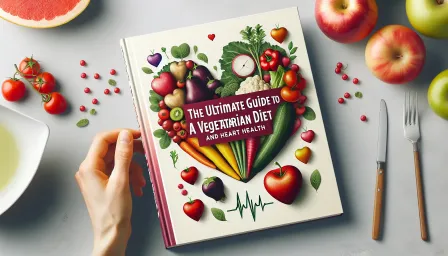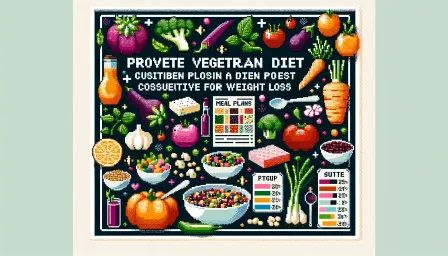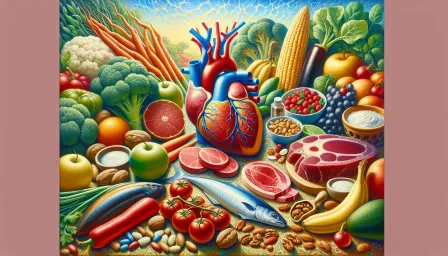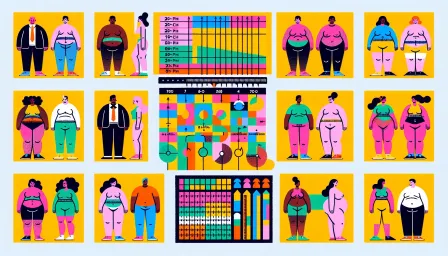Top Fat-Burning Foods and Their Impact on Cholesterol Levels
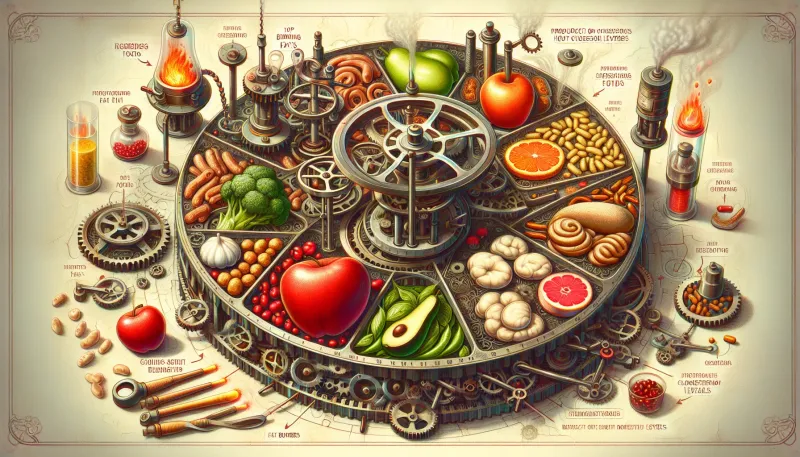
Discover the top fat-burning foods and their impact on cholesterol levels. Learn how these foods can help you manage weight and improve heart health.
Maintaining a healthy diet is crucial for overall well-being, particularly when it comes to managing weight and cholesterol levels. There are various foods known for their fat-burning properties that can also positively influence cholesterol levels. This article explores these top fat-burning foods and their impact on cholesterol levels, providing you with valuable insights for a healthier lifestyle.
The Connection Between Diet, Fat-Burning, and Cholesterol Levels
Understanding the relationship between diet, fat-burning, and cholesterol levels is essential. Cholesterol is a fatty substance necessary for various bodily functions but can pose health risks when present in high quantities. A diet rich in fat-burning foods can help manage weight and improve cholesterol profiles.
Leafy Green Vegetables
Leafy greens such as spinach, kale, and Swiss chard are low in calories and high in fiber, making them excellent fat-burning foods. They are also rich in antioxidants and vitamins that help reduce inflammation and lower LDL (bad) cholesterol levels.
- Spinach: Rich in lutein, folate, and potassium.
- Kale: High in fiber and antioxidants.
- Swiss Chard: Offers a variety of vitamins and minerals.
Oats and Whole Grains
Oats and whole grains are fantastic additions to a fat-burning diet. They provide a sustained energy source, helping to maintain satiety and decrease overall calorie intake. Importantly, the soluble fiber in oats, known as beta-glucan, helps lower LDL cholesterol levels by binding to cholesterol in the digestive system.
- Oats: High in beta-glucan fiber.
- Barley: Contains soluble fiber to reduce cholesterol.
- Brown Rice: Provides fiber and antioxidants.
Fatty Fish
Fatty fish such as salmon, mackerel, and sardines are rich in omega-3 fatty acids. These healthy fats are known to reduce triglycerides, a type of fat found in the blood, and improve cholesterol levels by increasing HDL (good) cholesterol. The American Heart Association recommends consuming fatty fish at least twice a week for heart health benefits.
- Salmon: High in omega-3 fatty acids.
- Mackerel: A great source of healthy fats.
- Sardines: Offers omega-3s and essential nutrients.
Nuts and Seeds
Nuts and seeds are nutrient-dense foods packed with healthy fats, protein, and fiber. They promote satiety, which can help with weight management. Additionally, nuts such as almonds and walnuts contain plant sterols and polyunsaturated fats that aid in lowering LDL cholesterol levels.
- Almonds: Rich in monounsaturated fats and fiber.
- Walnuts: High in omega-3 fatty acids.
- Chia Seeds: Packed with fiber and omega-3s.
Legumes
Legumes like beans, lentils, and chickpeas are excellent sources of protein and fiber, contributing to their fat-burning properties. They have a low glycemic index, preventing spikes in blood sugar levels and promoting longer-lasting energy. Moreover, legumes contain compounds that help reduce LDL cholesterol levels.
- Black Beans: High in protein and fiber.
- Lentils: Provides essential nutrients and fiber.
- Chickpeas: Rich in fiber and protein.
Impact of Fat-Burning Foods on Cholesterol Levels
Incorporating fat-burning foods into your diet can have significant impacts on your cholesterol levels. These foods help in multiple ways:
- Reducing LDL Cholesterol: Many of these foods contain soluble fiber, healthy fats, and plant sterols that help lower LDL cholesterol.
- Boosting HDL Cholesterol: Certain foods, like fatty fish, contain omega-3 fatty acids that increase HDL cholesterol levels, which is beneficial for heart health.
- Weight Management: Foods high in fiber and protein promote satiety and reduce overall calorie intake, contributing to weight loss and improved cholesterol profiles.
Practical Tips for Including Fat-Burning Foods in Your Diet
To maximize the benefits of fat-burning foods, consider the following tips:
- Start Your Day with Oats: Have a bowl of oatmeal for breakfast to boost fiber intake and reduce cholesterol levels.
- Add Leafy Greens: Incorporate spinach or kale into smoothies, salads, and dishes for added nutrients and fiber.
- Choose Fatty Fish: Aim to include fatty fish like salmon or mackerel in your meals twice a week.
- Snack on Nuts: Opt for a handful of almonds or walnuts as a healthy snack to promote satiety and lower cholesterol.
- Incorporate Legumes: Substitute meat with beans or lentils in soups, stews, and salads for a protein-rich, cholesterol-lowering alternative.
Conclusion
In conclusion, including top fat-burning foods in your diet can have a significant and positive impact on cholesterol levels and overall health. By incorporating leafy greens, oats, fatty fish, nuts, seeds, and legumes into your daily meals, you can effectively manage weight, reduce LDL cholesterol, and increase HDL cholesterol. For best results, combine these dietary changes with regular physical activity and a healthy lifestyle for optimal heart health.






